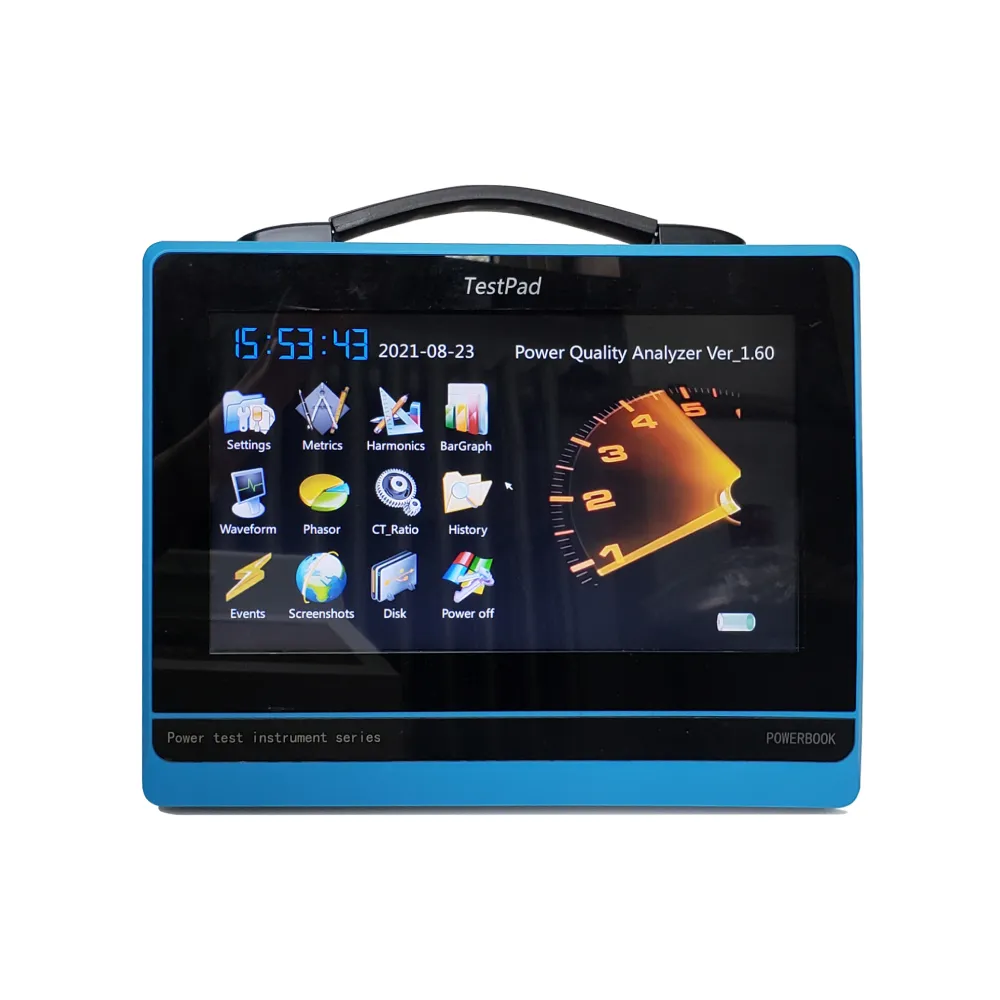 English
English


DC Insulation Tester - Reliable Electrical Insulation Testing Solutions
Understanding DC Insulation Testers A Comprehensive Guide
DC insulation testers play a crucial role in electrical maintenance, offering a reliable method for evaluating the insulation resistance of electrical systems and components. These devices are essential for ensuring safety and efficiency in various applications, from industrial environments to residential installations. In this article, we will explore the significance, functionality, and features of DC insulation testers.
What is a DC Insulation Tester?
A DC insulation tester, also referred to as a megohmmeter, is an instrument designed to measure the resistance of insulation materials in electrical systems. By applying a direct current (DC) voltage to the insulation, it calculates the resistance, typically expressed in megohms (MΩ). High insulation resistance is crucial for preventing electrical leaks, failures, and potential hazards, such as electrical shocks and fires.
Importance of Insulation Testing
Insulation testing is vital for the integrity and safety of electrical installations. Over time, insulation materials can degrade due to factors such as temperature fluctuations, moisture, mechanical stress, and chemical exposure. Regular insulation testing helps identify weaknesses or failures in the insulation before they lead to catastrophic failures. By using a DC insulation tester, technicians can ensure that electrical systems operate safely and efficiently, protecting both equipment and personnel.
How DC Insulation Testers Work
DC insulation testers function by generating a high voltage DC output, typically ranging from 50V to 1000V. When the tester is connected to the insulation material, it applies this voltage across the insulation interface and measures the resulting current flow. The resistance value is then calculated using Ohm's Law (Resistance = Voltage / Current). High resistance readings indicate that the insulation is in good condition, while low readings signal potential issues.
Key Features of DC Insulation Testers
dc insulation tester

When choosing a DC insulation tester, it's essential to consider several key features
1. Measurement Range Different testers offer varying measurement ranges. Choose a model that provides suitable voltage levels for your specific applications.
2. Scale and Accuracy Look for testers that offer high accuracy and a clear display, making it easier to read results.
3. User-Friendly Interface A well-designed interface with intuitive controls can streamline the testing process, enhancing productivity.
4. Safety Features Many modern testers come equipped with safety features such as automatic discharge functionality, ensuring that the tester discharges stored energy safely after testing.
5. Data Logging and Connectivity Advanced models may feature data logging capabilities, allowing technicians to record results and analyze them over time. Connectivity options like Bluetooth can enable seamless data sharing.
Conclusion
DC insulation testers are indispensable tools for ensuring the reliability and safety of electrical installations. By regularly inspecting insulation resistance, technicians can identify potential issues before they escalate, safeguarding equipment and minimizing risks. When selecting a tester, consider the features that best meet your specific needs, ensuring effective and reliable performance in your electrical maintenance tasks. In doing so, you contribute to the longevity and safety of your electrical systems, fostering a secure operational environment.
-
Differences between open cup flash point tester and closed cup flash point testerNewsOct.31,2024
-
The Reliable Load Tap ChangerNewsOct.23,2024
-
The Essential Guide to Hipot TestersNewsOct.23,2024
-
The Digital Insulation TesterNewsOct.23,2024
-
The Best Earth Loop Impedance Tester for SaleNewsOct.23,2024
-
Tan Delta Tester--The Essential Tool for Electrical Insulation TestingNewsOct.23,2024





